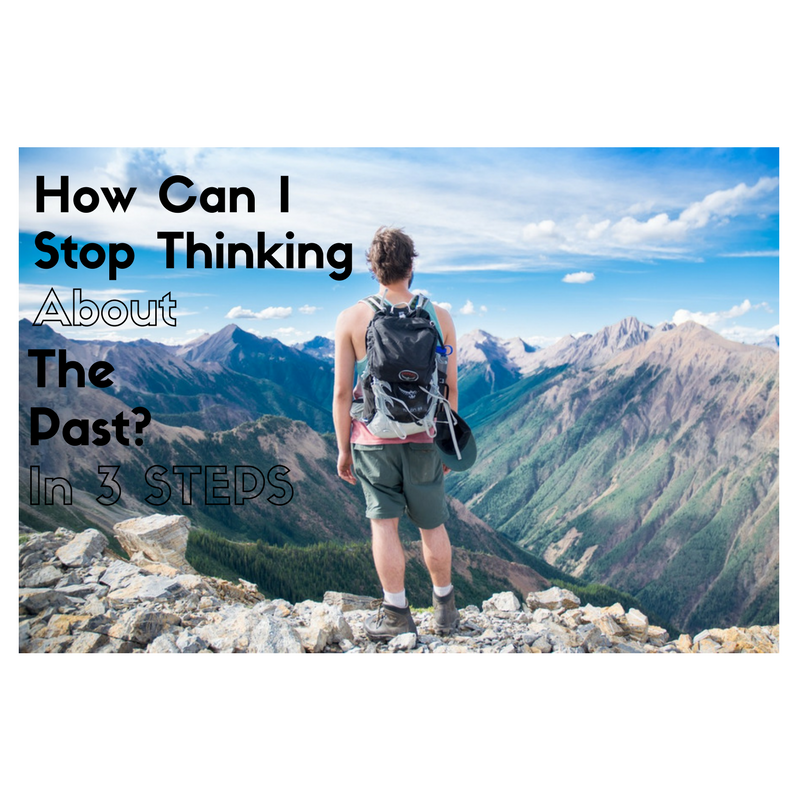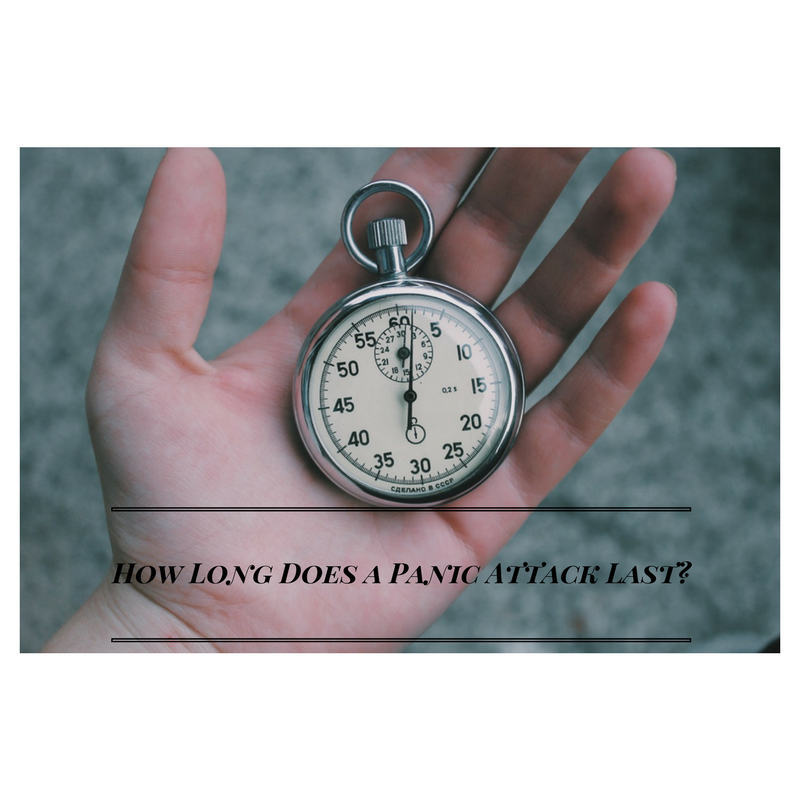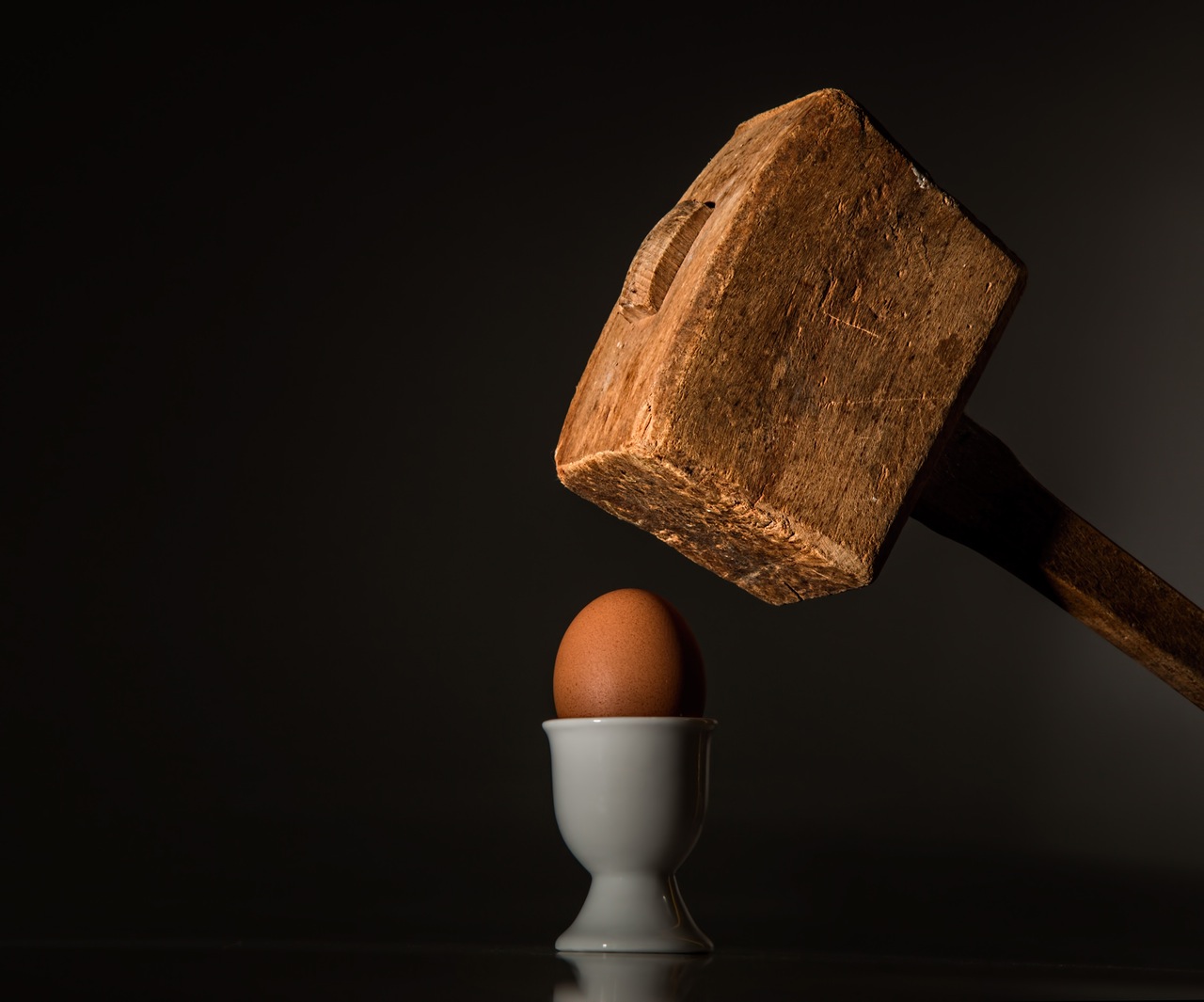*Today’s post is a Guest Post from the wonderful folks at Lincoln Park Therapy Group in Chicago. Check them out here. “Ugh, I can’t believe I did that! I’m so dumb!” Have you ever said that to yourself? If so, you were probably feeling something called shame. Whether we like to admit it or not, shame is a universal human emotions – it’s something we all experience. Sometimes we feel it for only a moment and it leaves us like an unpleasant thought. Other times it stays for much longer, inching into our minds until it completely twists how we see the world and how we believe the world sees us. But what is shame? Basically shame is the icky feeling we get when we perceive that our actions are deficient in light of certain standards, and consequently we extend this perception to ourselves. It can be a physical sensation, like a rock in your stomach, and an emotion you feel in your soul at the same time. In both cases, it is important to acknowledge feelings of shame and develop strategies for managing it. How to Cope With Shame Let me start by saying something important: Shame is a normal and common human emotion. Nobody likes feeling shame, but nobody should ever think that something is wrong with them for feeling it either. The problem that arises with shame is that it can overwhelm and cause us to act in ways we normally wouldn’t… especially when we’re trying to ignore it. There are some typical reactions to shame that we all tend to do, including: withdrawal, aggression, and approval seeking behavior. Research has even shown that “shame can be experienced as such a negative, intense emotion of self-loathing that it can lead one to disown it, and, in the case of one who acts like a bully, give it away by evoking that emotion in others.” In cases such as this, the person feeling shame uses that emotion as a weapon – he or she actually makes others feel shame as well to make themselves feel better. It’s important to understand that these reactions are actually defense mechanisms, or skills that we’ve developed to help us cope with shame. In the center of these defenses lies a fight-or-flight instinct to separate us from others or ourselves and ultimately the cause of our shame. This can often lead to emotional isolation, which can bring about deeper feelings of shame. But, what if there was a better way to deal with these feelings? Try Shame Reslience! We can’t inoculate ourselves from feeling shame – but, there are ways of managing it. Shame researcher Brené Brown found during her research that acknowledging our shame and developing empathy for ourselves actually helps to lower the negative effects that shame can bring. By using empathy, we can learn to connect with ourselves to overcome shame, instead of continuing with isolating defense tactics. Brené Brown calls this strategy Shame Resilience and helps us use empathetic practices to overcome shame. At its core, it means learning how to be vulnerable enough to share with someone you trust what you’re feeling instead of keeping it a secret. More importantly, it involves changing how you to talk to yourself. Negative self-talk and secrecy feed the belly of the “shame” shark. Speaking kindly about yourself and telling your story to people whom you trust removes the veil of secrecy and leaves shame has no place to lurk. If you’re interested in learning more about shame resiliency, this article gives an excellent overview of Shame Resilience Therapy and how it developed. You can also check out this video for some quick tips from Brené Brown on how to work through shame.







